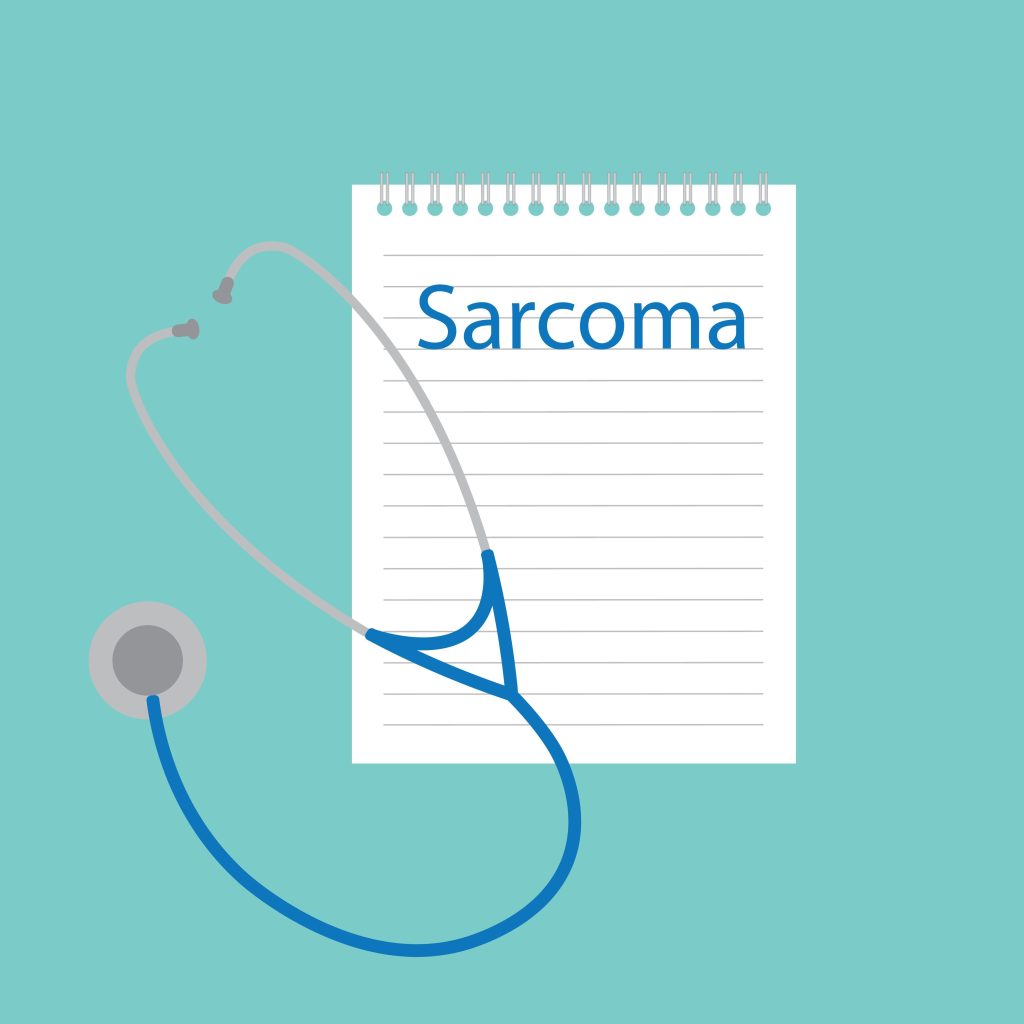Mark Kopec Now
Sarcoma
Overview of a Rare Cancer with Baltimore Sarcoma Lawyer Mark Kopec
Sarcoma is a rare type of cancer that forms in the body’s soft tissues, such as muscle, fat, blood vessels, nerves, and fibrous tissue. While sarcomas can develop anywhere in the body, they are most commonly found in the arms, legs, chest wall, and abdomen. Sarcomas are relatively rare, accounting for less than 1% of all cancers diagnosed in the United States each year. However, due to their aggressive nature and often late diagnosis, they can be a serious health concern. If you believe you have a medical malpractice claim, you may need Baltimore sarcoma lawyer Mark Kopec.
What is Sarcoma and How Does it Form?
Sarcomas develop when cells in the body’s soft tissues begin to grow uncontrollably, forming a tumor. These tumors can be benign (non-cancerous) or malignant (cancerous). Malignant sarcomas can spread to other parts of the body, a process known as metastasis.

The exact cause of most sarcomas is unknown. However, certain risk factors can increase a person’s chance of developing sarcoma, including:
- Exposure to radiation
- Exposure to certain chemicals
- Certain genetic conditions
- Weakened immune system
- Prior cancer treatment
Symptoms of Sarcoma
Sarcoma symptoms can vary depending on the location and type of sarcoma. Some common symptoms include:
- A painless lump or mass that grows slowly over time
- Pain in the affected area
- Swelling or bruising
- Fatigue
- Weight loss
- Fever
- Night sweats
Diagnosis of Sarcoma
If you experience any of the above symptoms, it is important to see a doctor for evaluation. The doctor may refer you to a specialist, such as an oncologist or a sarcoma specialist, for further diagnosis.
To diagnose sarcoma, your doctor may generally order a variety of tests, including:
- Physical exam
- Imaging tests, such as X-rays, CT scans, MRIs, and ultrasounds
- Biopsy, which involves removing a small sample of tissue for examination under a microscope
Types of Sarcomas
There are many different types of sarcomas, each with its own characteristics and treatment options. Some of the most common types of sarcomas include:
- Liposarcoma: A sarcoma that develops in fatty tissue
- Leiomyosarcoma: A sarcoma that develops in smooth muscle tissue
- Rhabdomyosarcoma: A sarcoma that develops in skeletal muscle tissue
- Synovial sarcoma: A sarcoma that develops in the tissues around joints
- Osteosarcoma: A sarcoma that develops in bone tissue (although technically not a soft tissue sarcoma)
Baltimore sarcoma lawyer Mark Kopec can advise you concerning the specific type of sarcoma you have.
Treatment of Sarcoma
The treatment for sarcoma will depend on the type, location, and stage of the cancer, as well as the patient’s overall health. Treatment options may include:
- Surgery: Surgery is often the first line of treatment for sarcoma. The goal of surgery is to remove the entire tumor and a margin of healthy tissue surrounding it.
- Radiation Therapy: Radiation therapy uses high-energy rays to kill cancer cells. It may be used before surgery to shrink a tumor or after surgery to destroy any remaining cancer cells.
- Chemotherapy: Chemotherapy uses drugs to kill cancer cells throughout the body. It may be used before surgery to shrink a tumor or after surgery to destroy any remaining cancer cells.
- Targeted Therapy: Targeted therapy drugs attack specific weaknesses in cancer cells. They may be used to treat certain types of sarcomas.
- Immunotherapy: Immunotherapy helps the body’s immune system fight cancer. It may be used to treat certain types of sarcomas.
Prognosis of Sarcoma
The prognosis for sarcoma varies depending on the type, location, and stage of the cancer. Early diagnosis and treatment can improve the outlook for people with sarcoma. However, even with treatment, sarcoma can be a serious and life-threatening disease.
Medical Malpractice Claims with Baltimore Sarcoma Lawyer Mark Kopec
In some cases, medical malpractice may contribute to a worse outcome for patients with sarcoma. Potential medical malpractice claims related to sarcoma may include:
- Delayed diagnosis: If a doctor fails to diagnose sarcoma in a timely manner, the cancer may have a chance to spread, making treatment more difficult and less effective.
- Misdiagnosis: If a doctor misdiagnoses sarcoma as a benign condition, the patient may not receive appropriate treatment, allowing the cancer to progress.
- Surgical errors: Surgical errors, such as incomplete tumor removal or damage to nearby organs, can lead to complications and recurrence of the cancer.
- Improper treatment: If a doctor fails to provide appropriate treatment, such as chemotherapy or radiation therapy, the cancer may progress more quickly.
Next Step: Call Baltimore Sarcoma Lawyer Mark Kopec
If you believe you or a loved one has been the victim of medical malpractice related to sarcoma, it is important to consult with an attorney who specializes in medical malpractice law. We can review your case and determine whether you have grounds.
Visit the Kopec Law Firm free consultation page or video. Then contact us at 800-604-0704 to speak directly with Attorney Mark Kopec. He is a top-rated Baltimore medical malpractice lawyer. The Kopec Law Firm is in Baltimore and pursues cases throughout Maryland and Washington, D.C.





